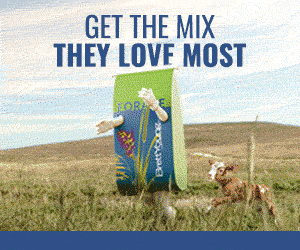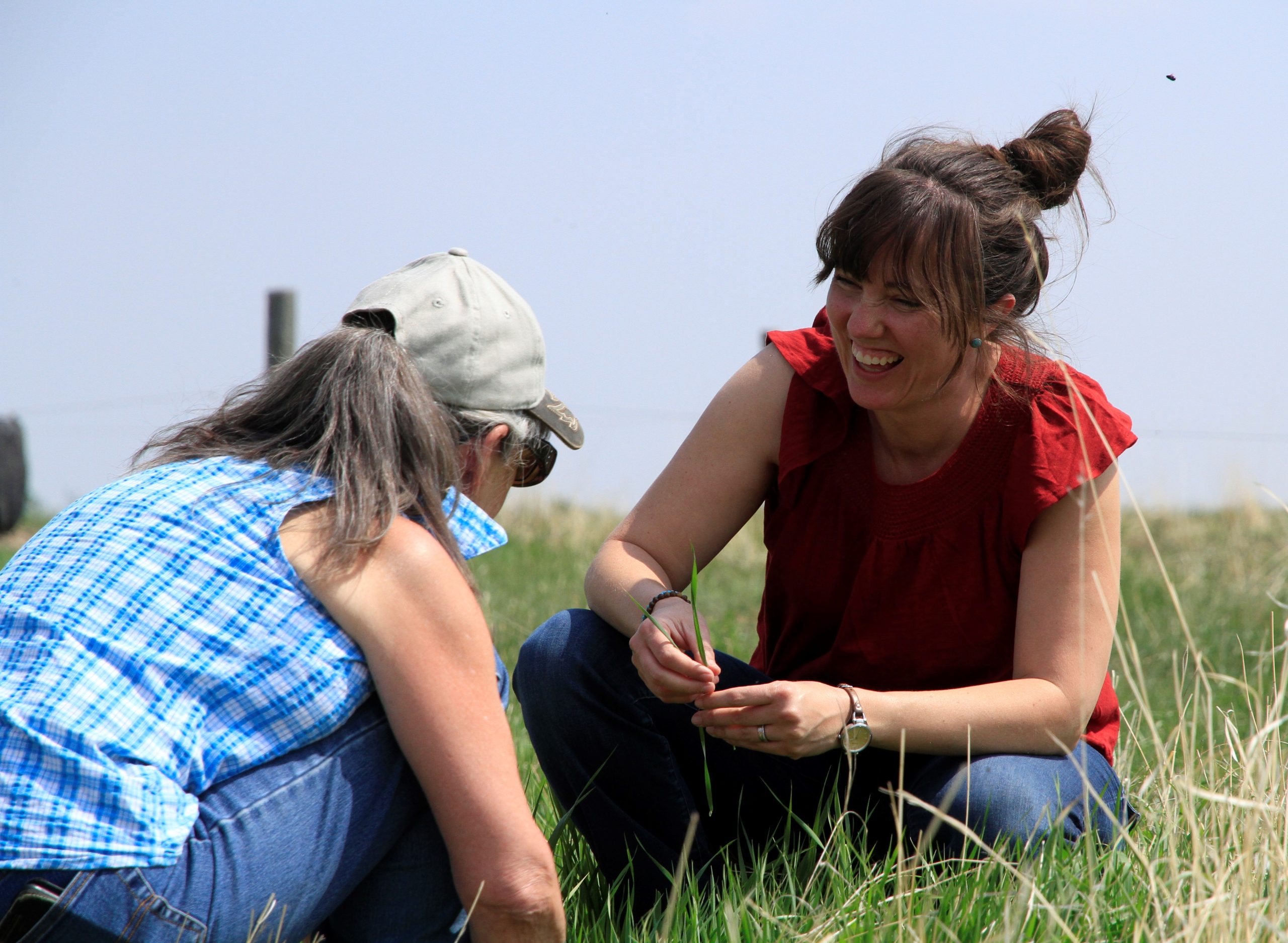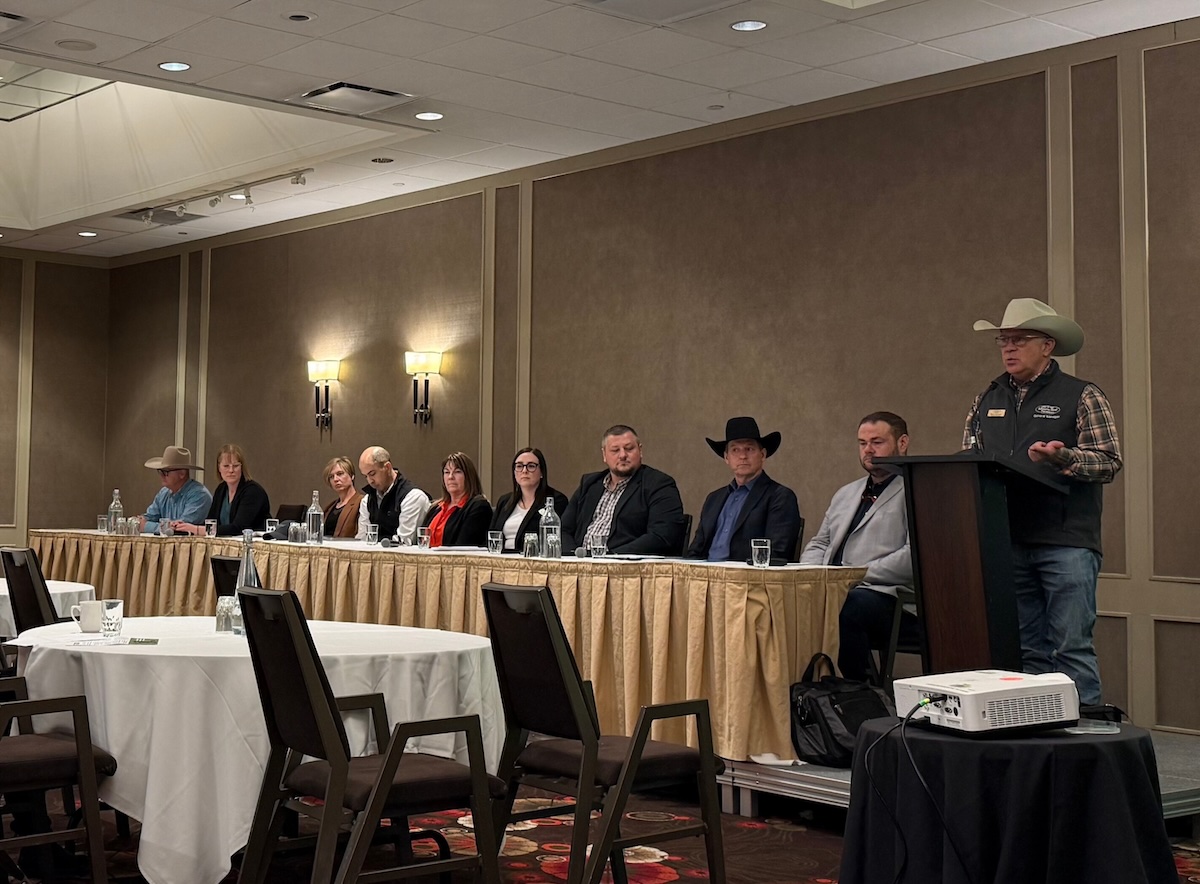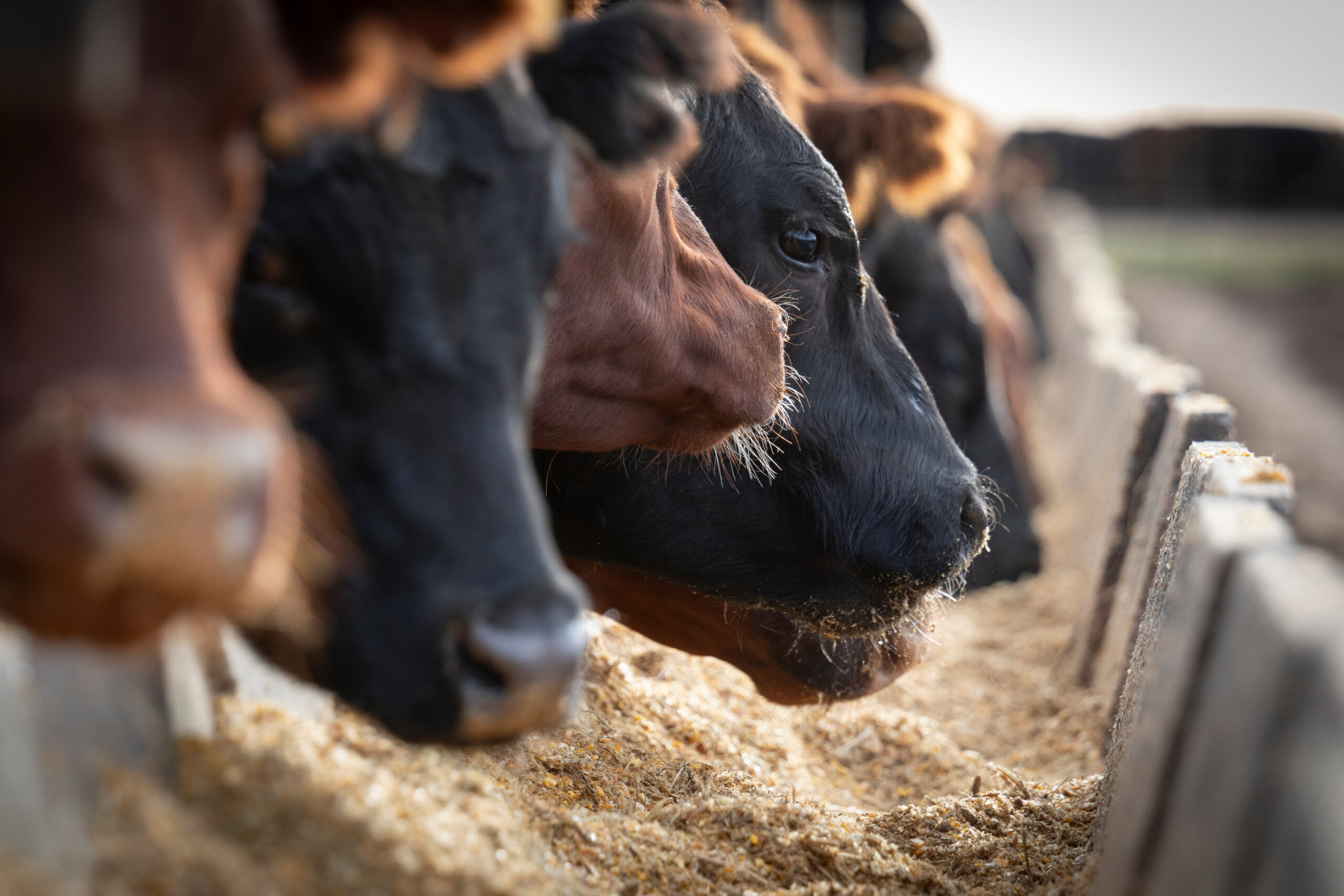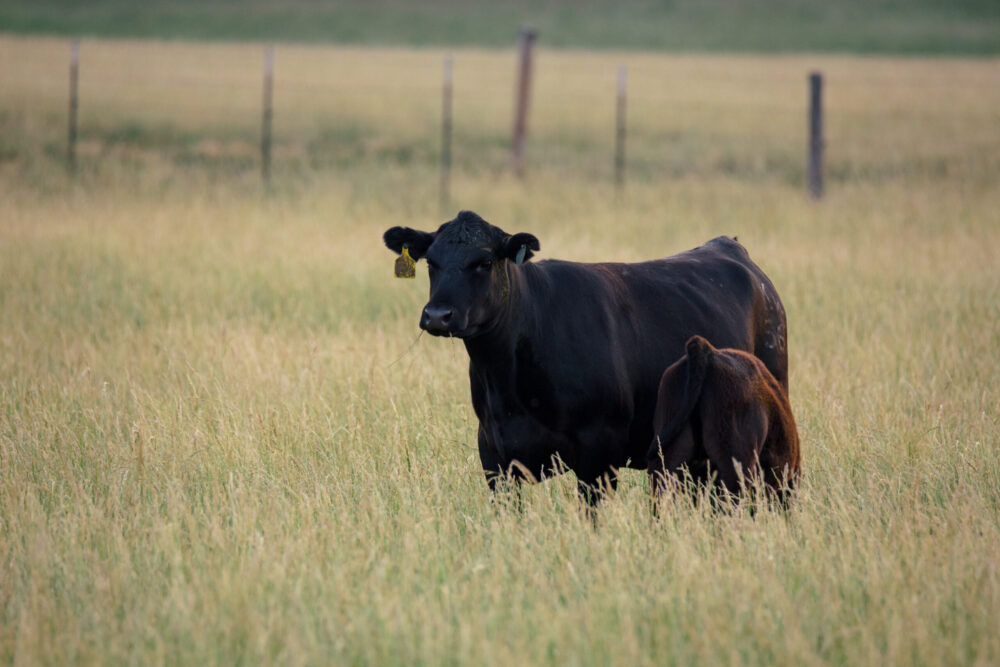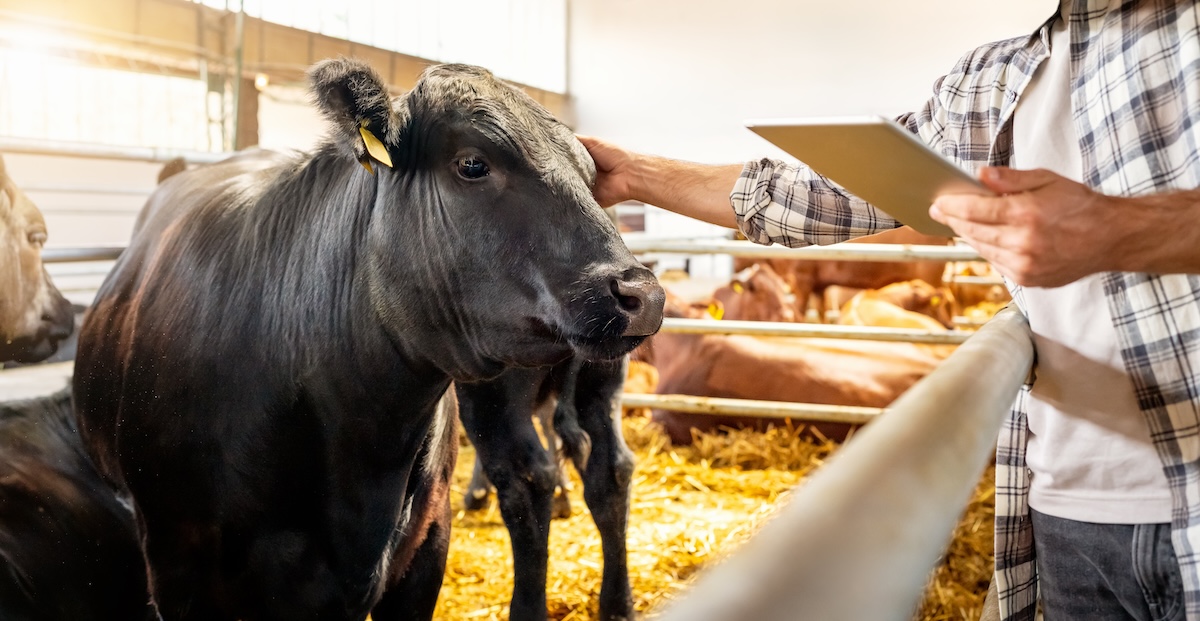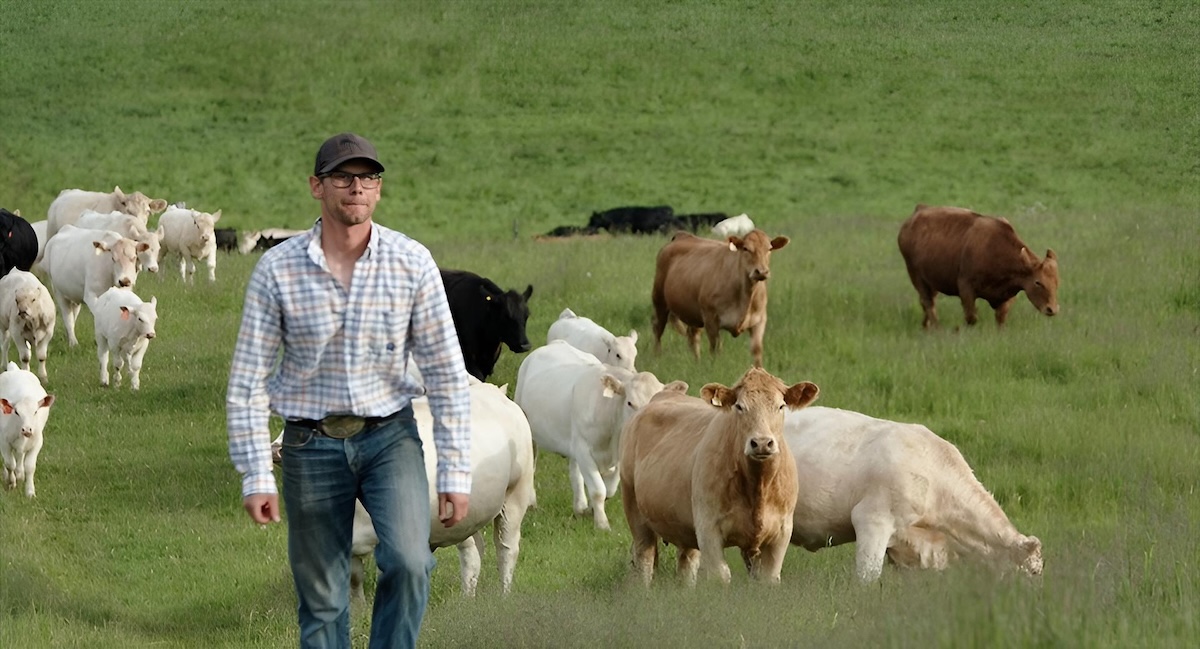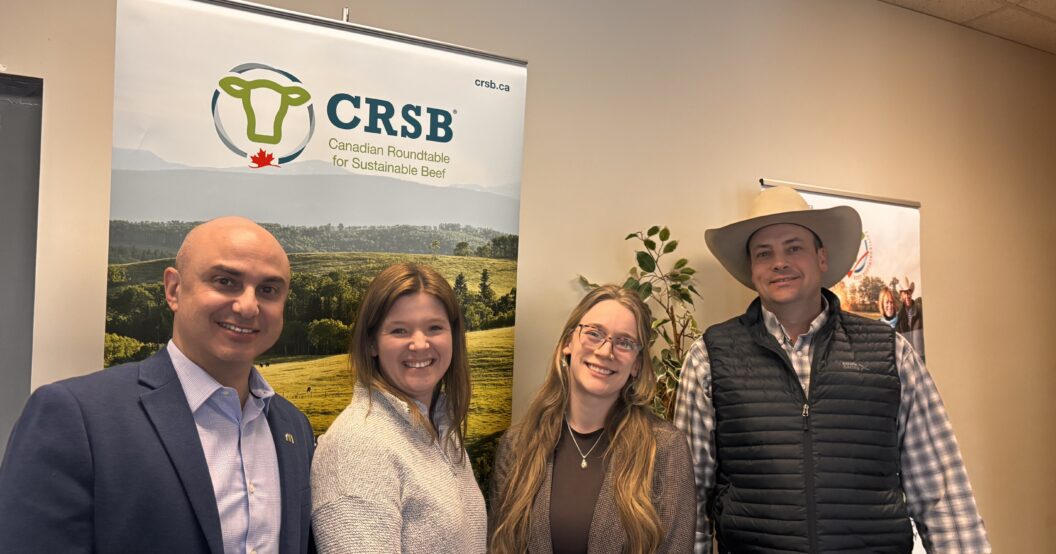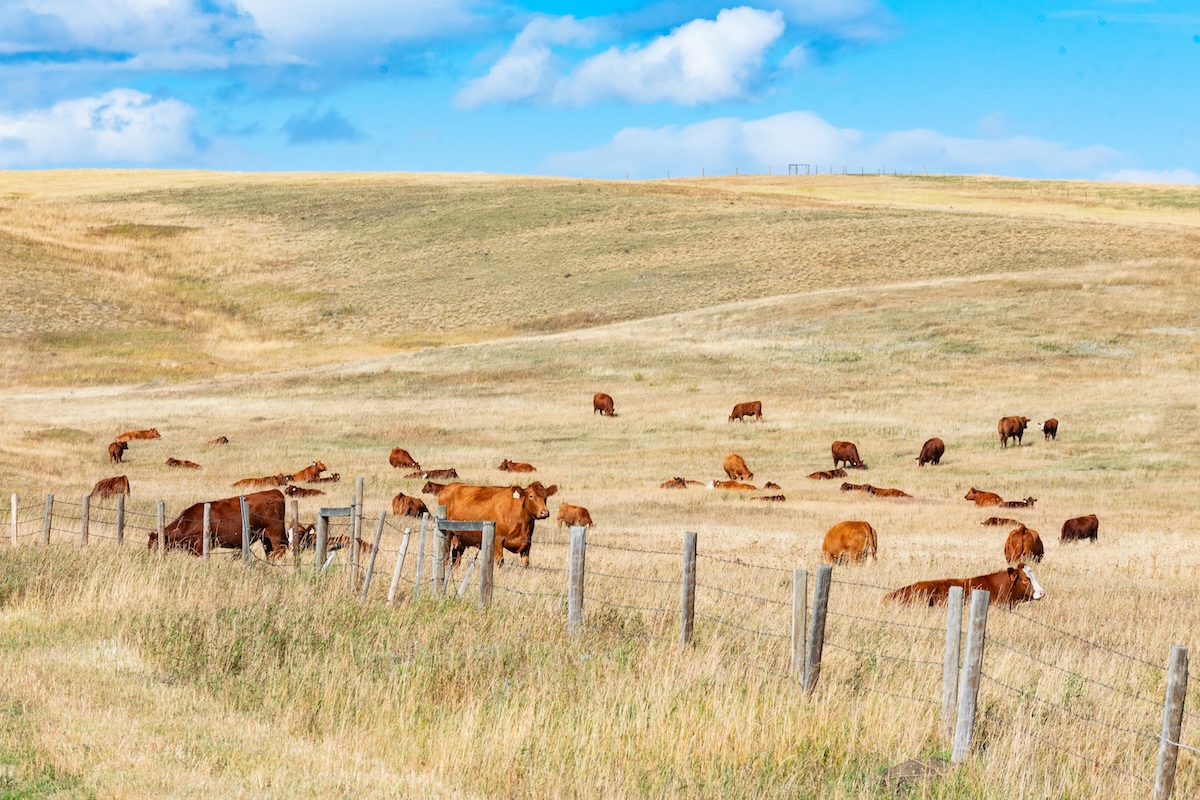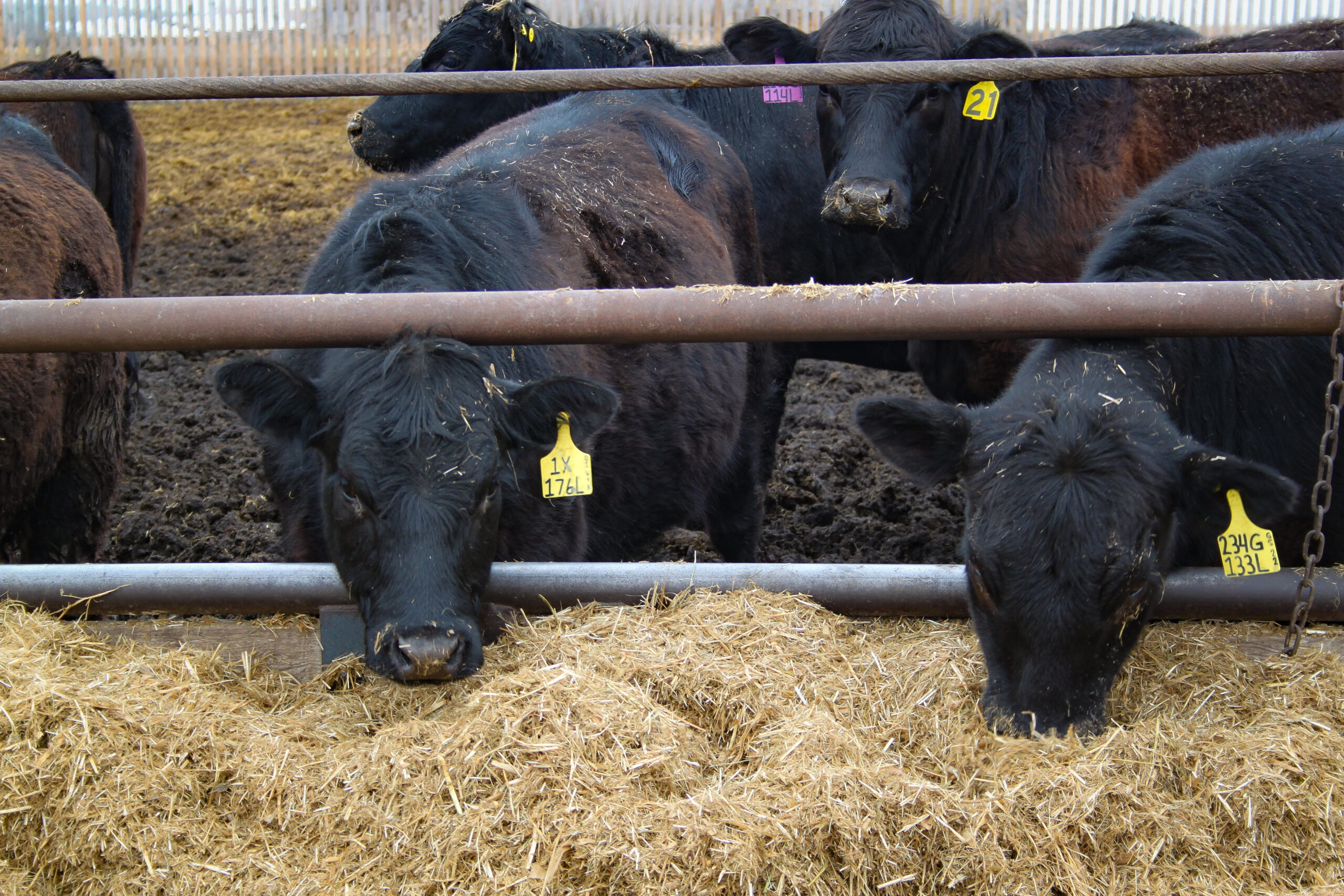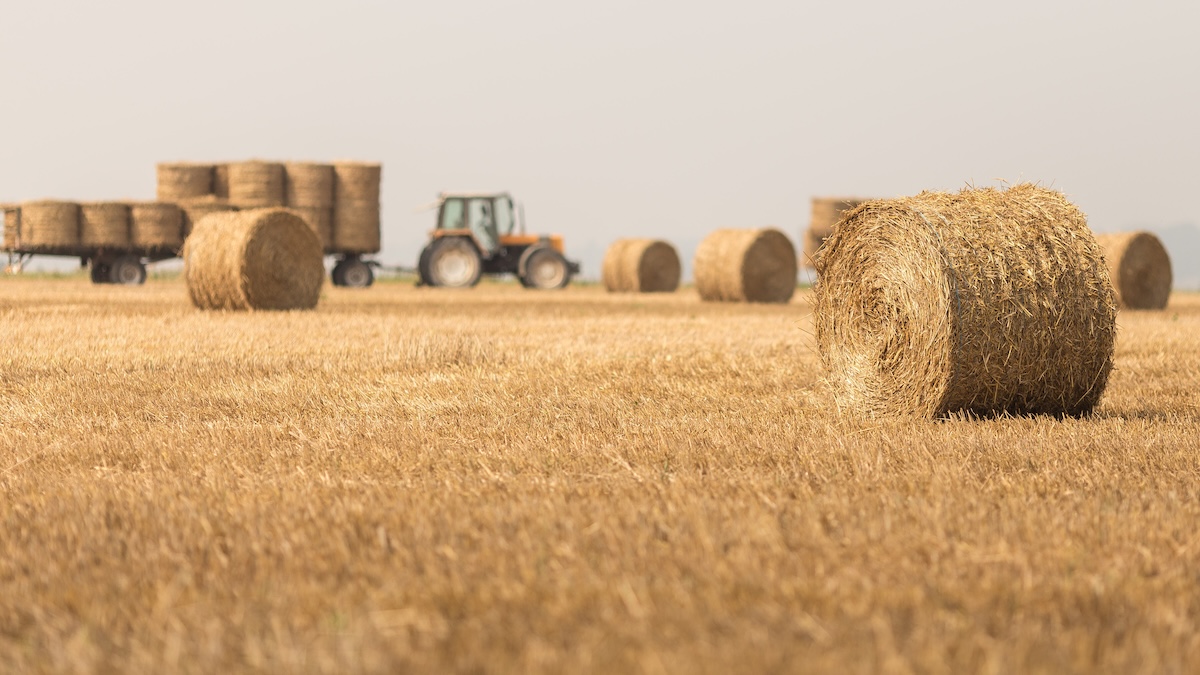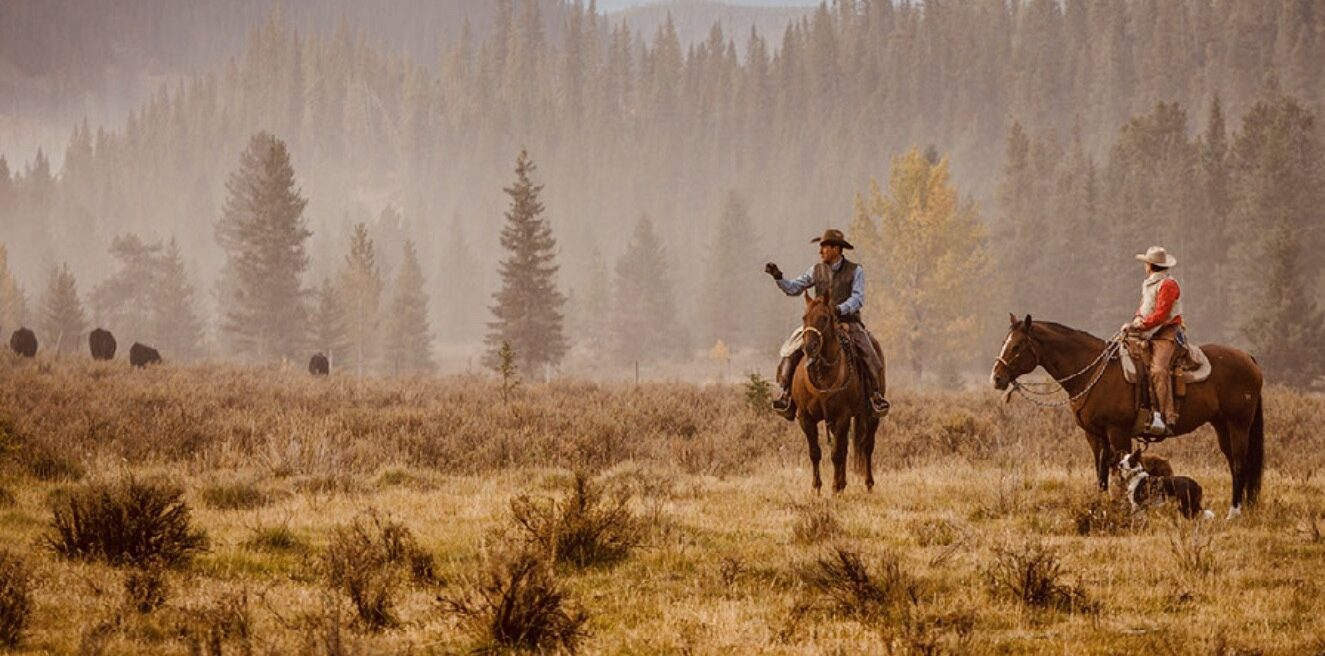AB Direct - Steers
Rail: ---
AB Direct - Heifers
Rail: ---
US Trade- Steers
Rail: ---
US Trade - Heifers
Rail: ---
Canadian Dollar
0.35
Alberta Beef Producers hosts Producer Town Hall on Traceability
Alberta Beef Producers (ABP) hosted a Producer Town Hall on Traceability on March 2, ahead of its Annual General Meeting, bringing together industry representatives and cattle producers to share perspectives on one of the most pressing issues currently facing the beef sector. “Traceability has become one of the most talked-about issues in the Canadian beef…
Canfax Weekly Article | Report for the week of March 2, 2026
Since the start of the year, fed prices have rallied $22/cwt or 7 per cent. Last week, the Canfax average fed steer and heifer price closed around $319/cwt live, a new record high. Buying interest was noted from all Western Canadian packers. Light trade was reported with dressed sales ranging from $527.50–533.50/cwt FOB the feedlot….
Alberta Beef Producers encouraged by AgriStability enhancements
Alberta Beef Producers (ABP) is encouraged to see further details following the 2025 announcement that some pasture costs will be included as an allowable expense beginning with the 2026 AgriStability program year. This change will help make AgriStability more responsive for cattle producers, particularly those who rely on rented pastureland, and better reflect the real…
Beef Cattle Code of Practice update underway
Public comment period provides opportunity for industry input Canada’s Code of Practice for the Care and Handling of Beef Cattle is currently undergoing an update, with a public comment period expected to begin April 13, 2026. The Code sets out basic standards for animal care practices for producers. It was originally released in 2013 and reviewed in 2018. An update process began in 2023 through the National Farm Animal Care Council (NFACC), which oversees Code development in…
New CRSB incentive launched for 2026
The Canadian Roundtable for Sustainable Beef (CRSB) is offering a $400 incentive in 2026 to eligible CRSB Certified beef producers who maintain or achieve certification under the CRSB Sustainable Beef Production Standard. According to CRSB, the goal is to encourage beef sourcing through certified supply chains. All beef producers who keep their certification current as…
Albertan becomes first CRSB youth councillor
Laura Buss, who grew up on a cow-calf operation north of Westlock, Alta., has been appointed as the first youth councillor to the Canadian Roundtable for Sustainable Beef (CRSB). Buss was selected through a nomination process coordinated with the Canadian Cattle Youth Council and will serve in an ex-officio (non-voting) role on the CRSB Council….
Why the International Year of Rangelands and Pastoralists matters to Alberta ranchers
Editor’s Note: 2026 is the International Year of Rangelands and Pastoralists, declared by the United Nations. This column by Dr. Barry Irving explores what that means for Alberta ranchers and why engagement matters. Watch for additional IYRP-related content in the months ahead. How the IYRP came to be The International Year of Rangelands and Pastoralists…
ABP to host dedicated traceability discussion
Alberta Beef Producers (ABP) is hosting a dedicated traceability session to give Alberta cattle producers additional time and space to share their perspectives. As ABP’s Annual General Meeting (AGM) follows a formal governance agenda, with strict time limits for input, ABP has scheduled this Producer Town Hall on Traceability to ensure there is dedicated time for open discussion preceding the AGM. This session builds on discussions already taking place across the…
Canfax Weekly Article | Report for the week of February 23, 2026
Alberta weighted average fed steers closed the week just north of $315/cwt, while heifers were at $313/cwt. Dressed sales were reported from $520–530/cwt delivered, $5–7/cwt stronger than the prior week. Cattle that traded were scheduled from immediate to the first half of March delivery. U.S. packer interest was noted, but no sales were confirmed. Cattle from Saskatchewan…
Moisture Deficiency Insurance sign-up deadline is February 28
Producers are reminded that the deadline to sign up for Moisture Deficiency Insurance (MDI) is February 28. Moisture Deficiency Insurance is designed to provide coverage when precipitation levels fall below historical averages during the growing season. The program can help offset feed costs and reduce financial risk in dry conditions. Producers who wish to participate…
Great stewardship deserves recognition
Reminder that nominations for ABP’s Environmental Stewardship Award 2026 are now open! Plateau Cattle Co. was featured on Global News recently as part of Canada’s Agriculture Day celebrations. The operation, run by John Smith and Laura Laing, was Alberta Beef Producers (ABP) 2025 Environmental Stewardship Award (ESA) winner. Plateau’s story is a strong reminder of…
Olds College takes a reset year for AgSmart
Olds College of Agriculture & Technology is taking a reset year for AgSmart in 2026. The learning exposition is expected to return in 2027 with a renewed focus on applied research, technology and national collaboration across the agriculture sector. AgSmart has traditionally been a three-day event featuring expert speakers, live technology demonstrations, education sessions and…

